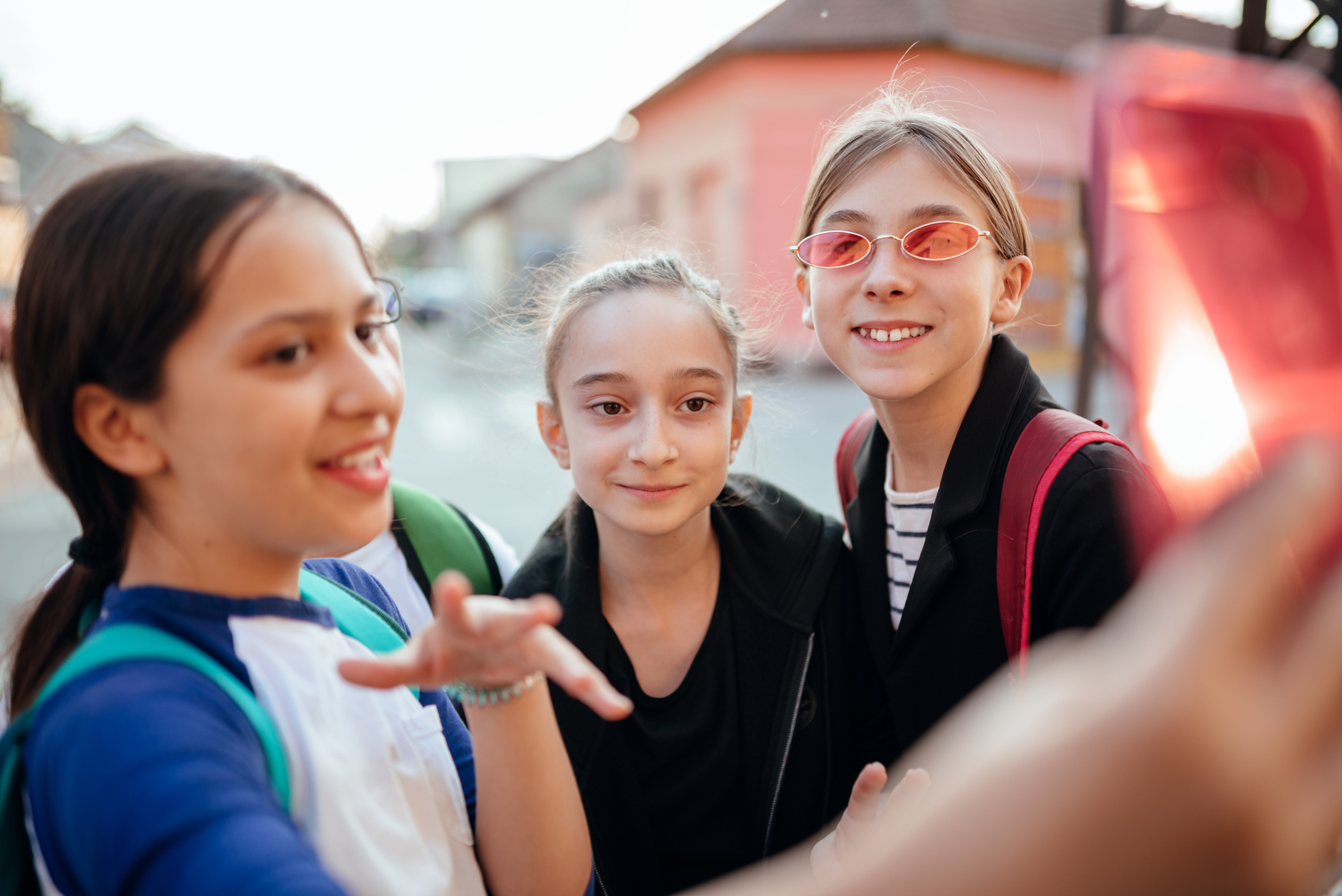Why Do Teens From Marginalized Populations Get Bullied?

iStock Photo
Why Do Teens From Marginalized Populations Get Bullied?
Landmark study explores bias-based harassment among adolescent
One in four ninth graders report being harassed at school for their gender identity, religion, immigration status, sexual orientation, or race and ethnicity. These reported rates are even higher for youth with multiple marginalized identities.
“Although all forms of victimization are associated with adverse outcomes, there are particularly pronounced effects on well-being for targets of bias-based harassment, likely because the victimization is targeted at one’s identity,” says Melissa Holt, an associate professor of counseling psychology and associate dean for faculty affairs. “Bias-based harassment has been linked to suicidal ideation, substance use, and school functioning, such as decreased GPA or truancy, and has the strongest effects on youth who experience multiple forms of harassment.”
Holt’s Peer Experiences Project is the first national, longitudinal research study of the effects of bias-based harassment among adolescents. Funded by a National Institute of Justice grant in 2020, Holt—along with coinvestigators Jennifer Greif Green of BU Wheelock and Gabriel “Joey” Merrin of Syracuse University—will survey several hundred 14- to 17-year-olds and their parents across four time points about their experiences with bias-based harassment. The study is exploring who’s perpetrating bias-based harassment, how schools respond to it (or not), students’ attitudes toward marginalized groups, and the roles of peer norms and social supports. Findings will be reported to the National Institute of Justice, described in peer-reviewed conference presentations and publications, and ultimately archived at the National Archive of Criminal Justice Data, Holt says.
The first wave of data, which is complete, resulted from surveys of 639 adolescents and their parents or guardians. Holt says preliminary findings suggest that approximately 25 percent of teens reported being the victims of bias-based harassment, 11 percent reported perpetrating bias-based harassment, and nearly 75 percent reported witnessing it. The research team launched the second wave of data collection for adolescents in June, which will be followed by additional surveys slated for the fall of 2022 and spring of 2023.
“We hope schools and districts across the United States will be able to use what we have learned to better address bias-based harassment in their own communities,” Holt says.